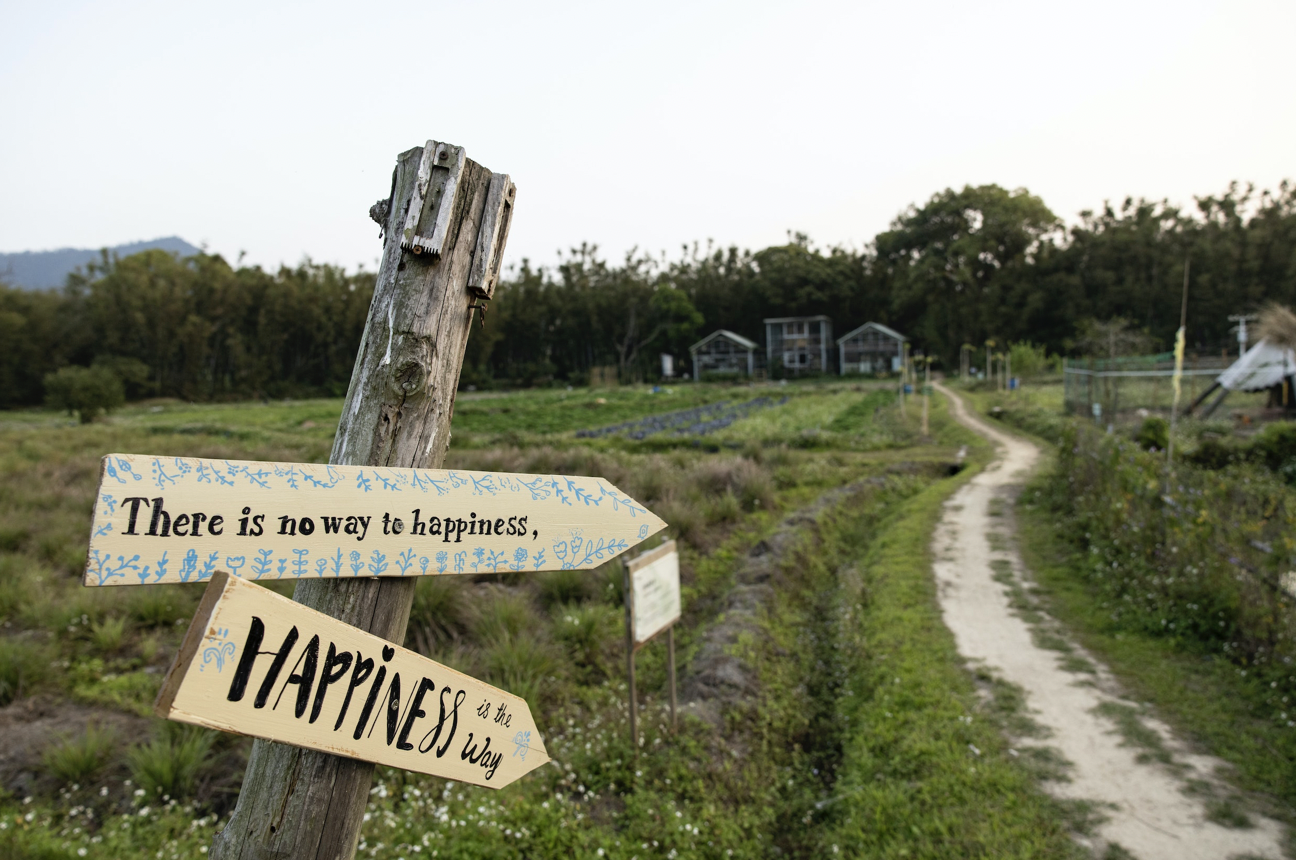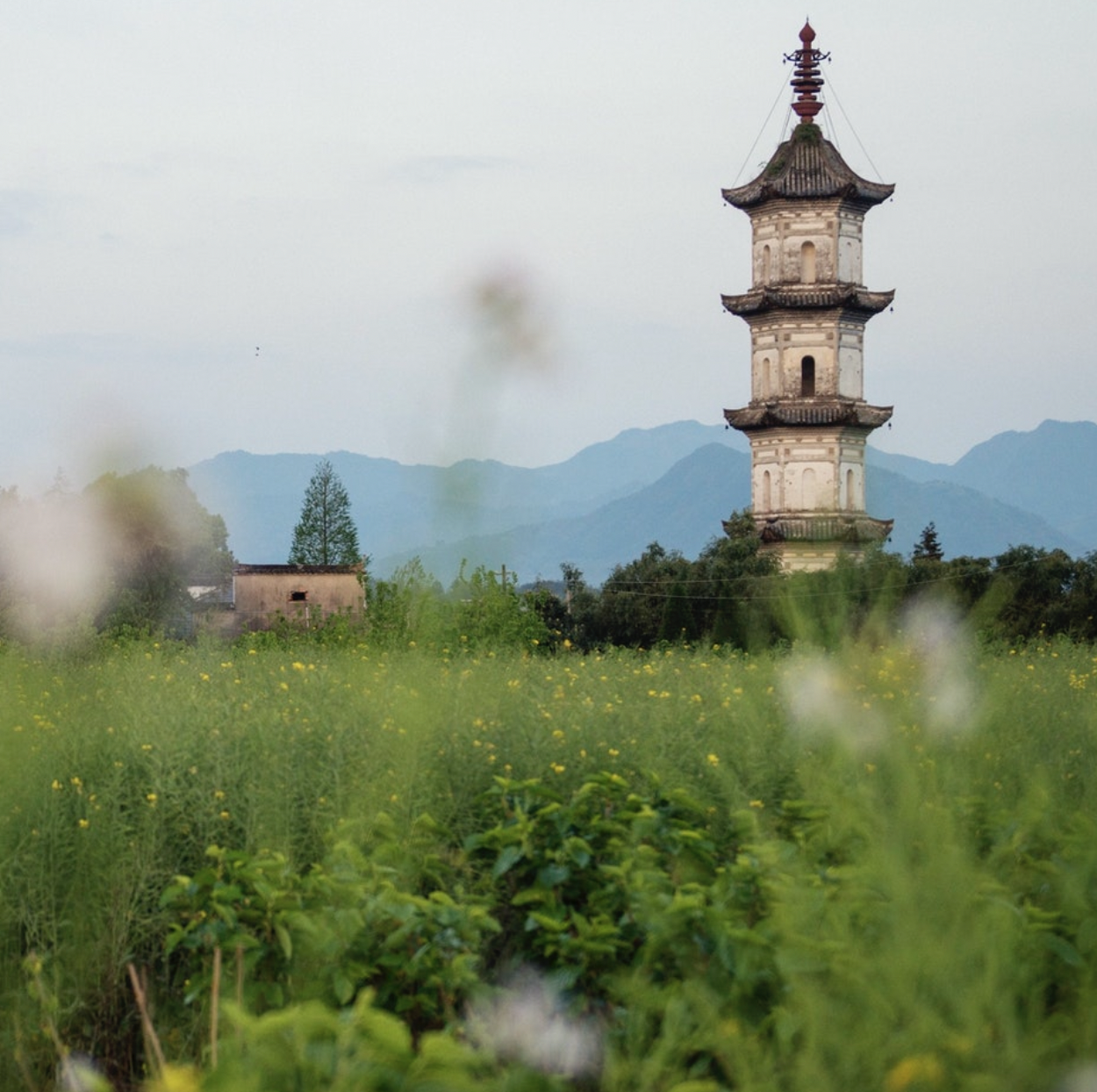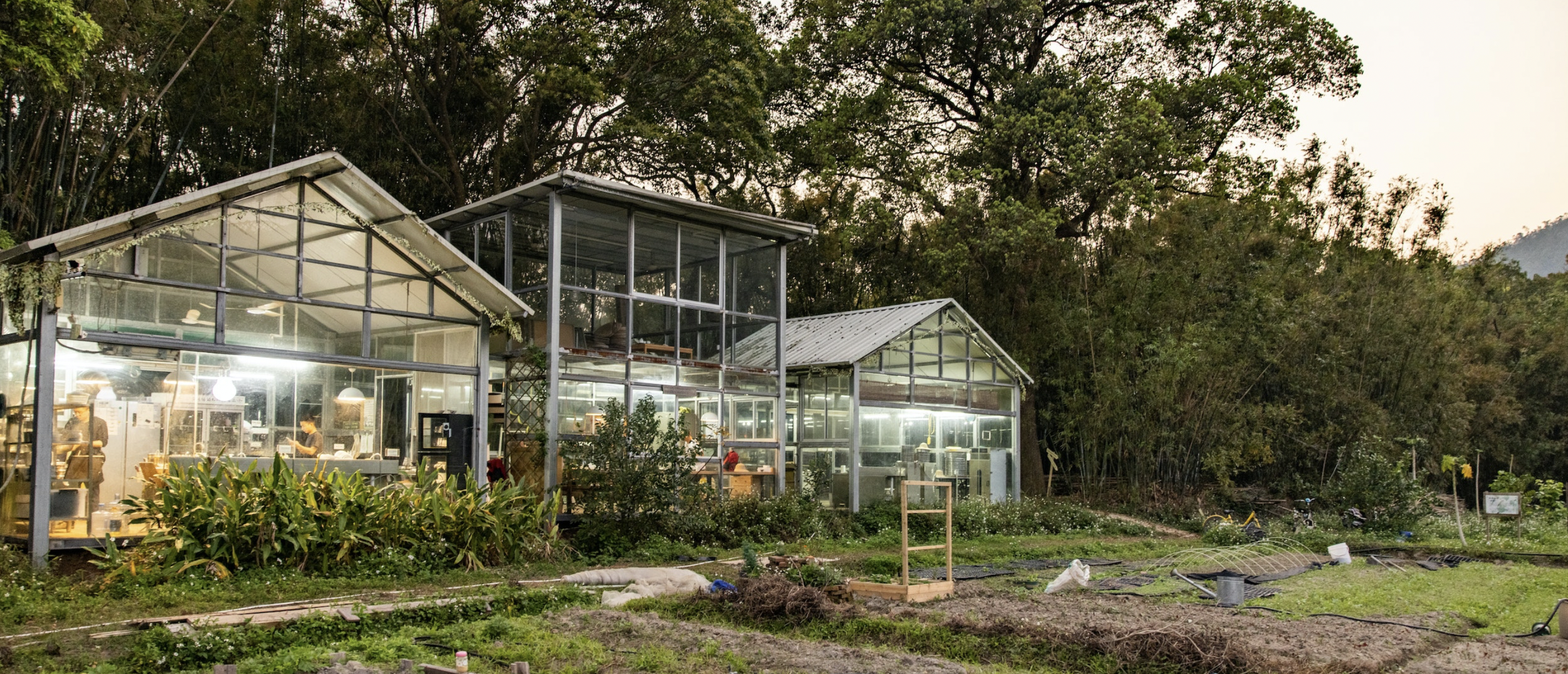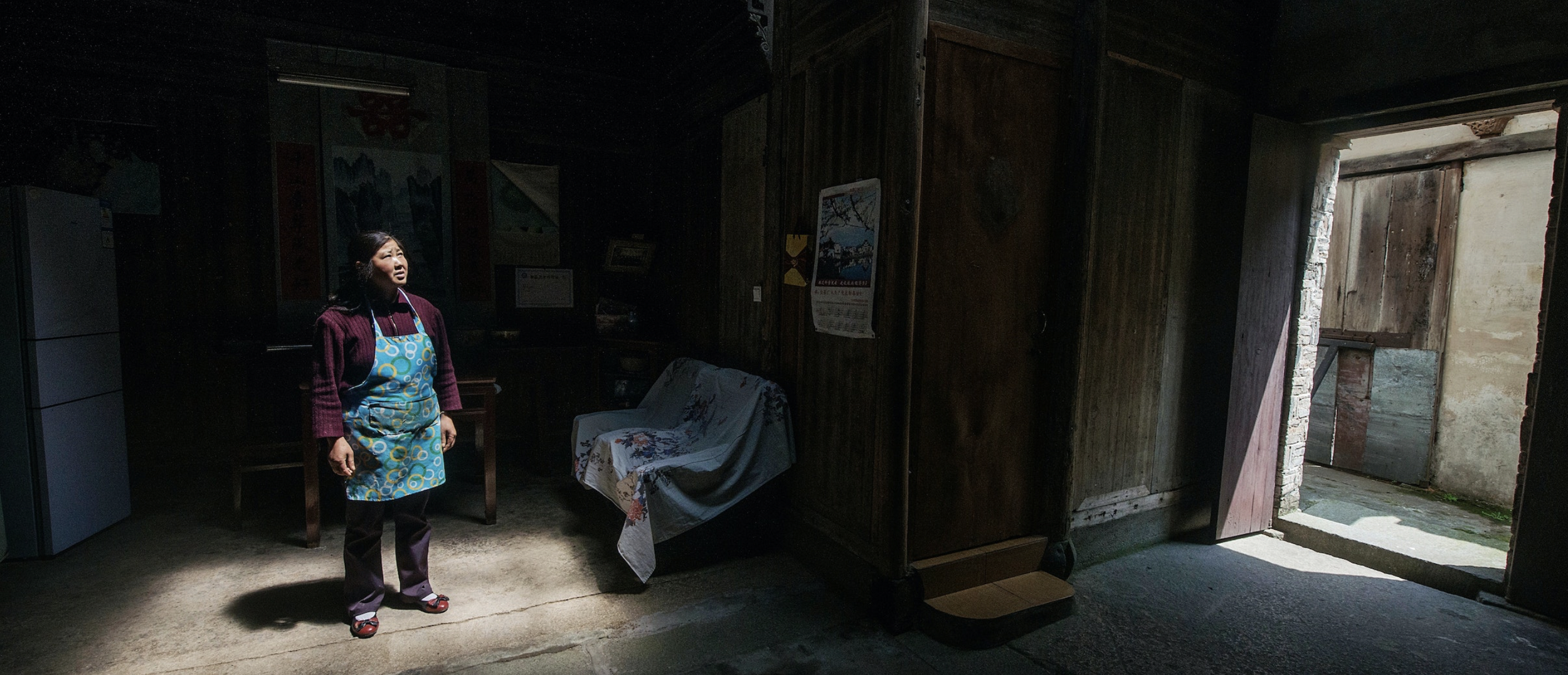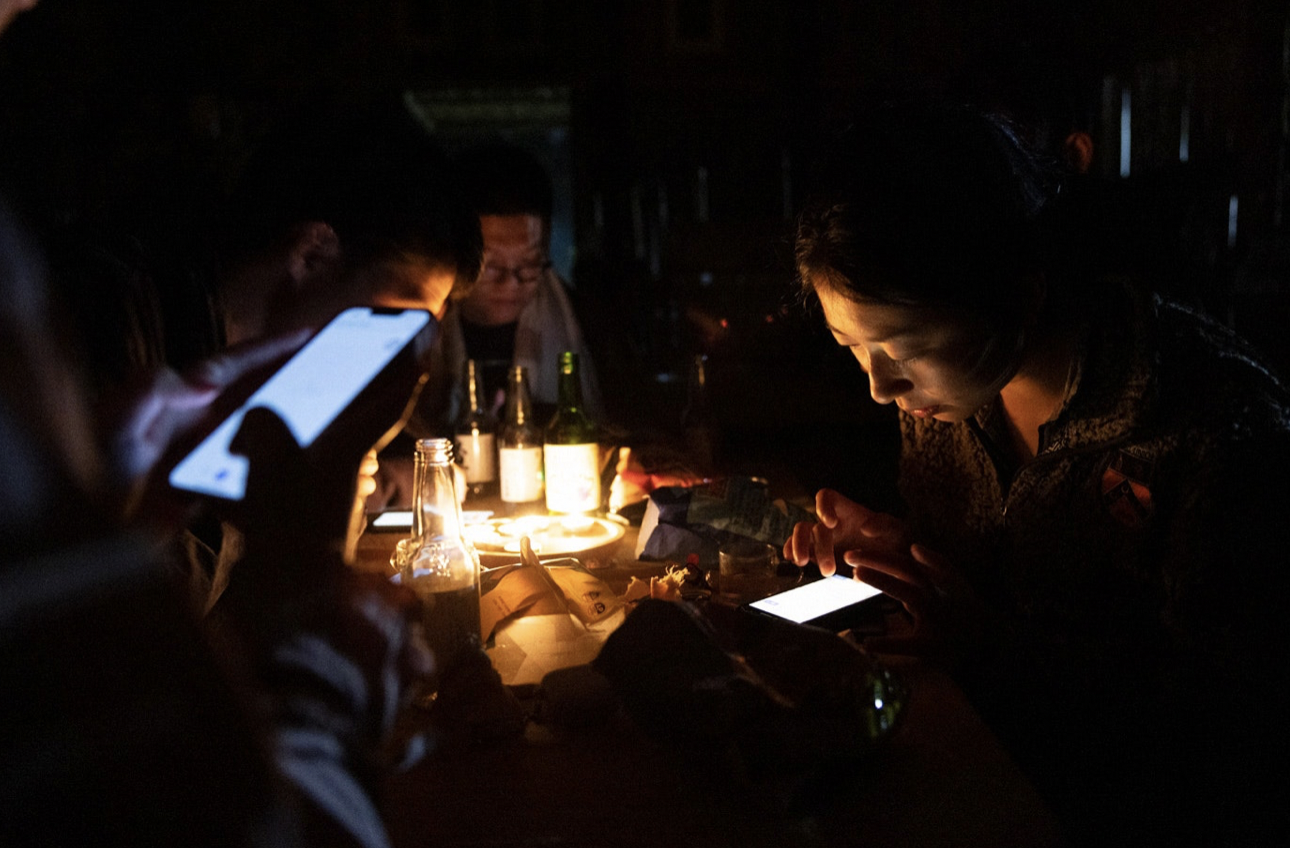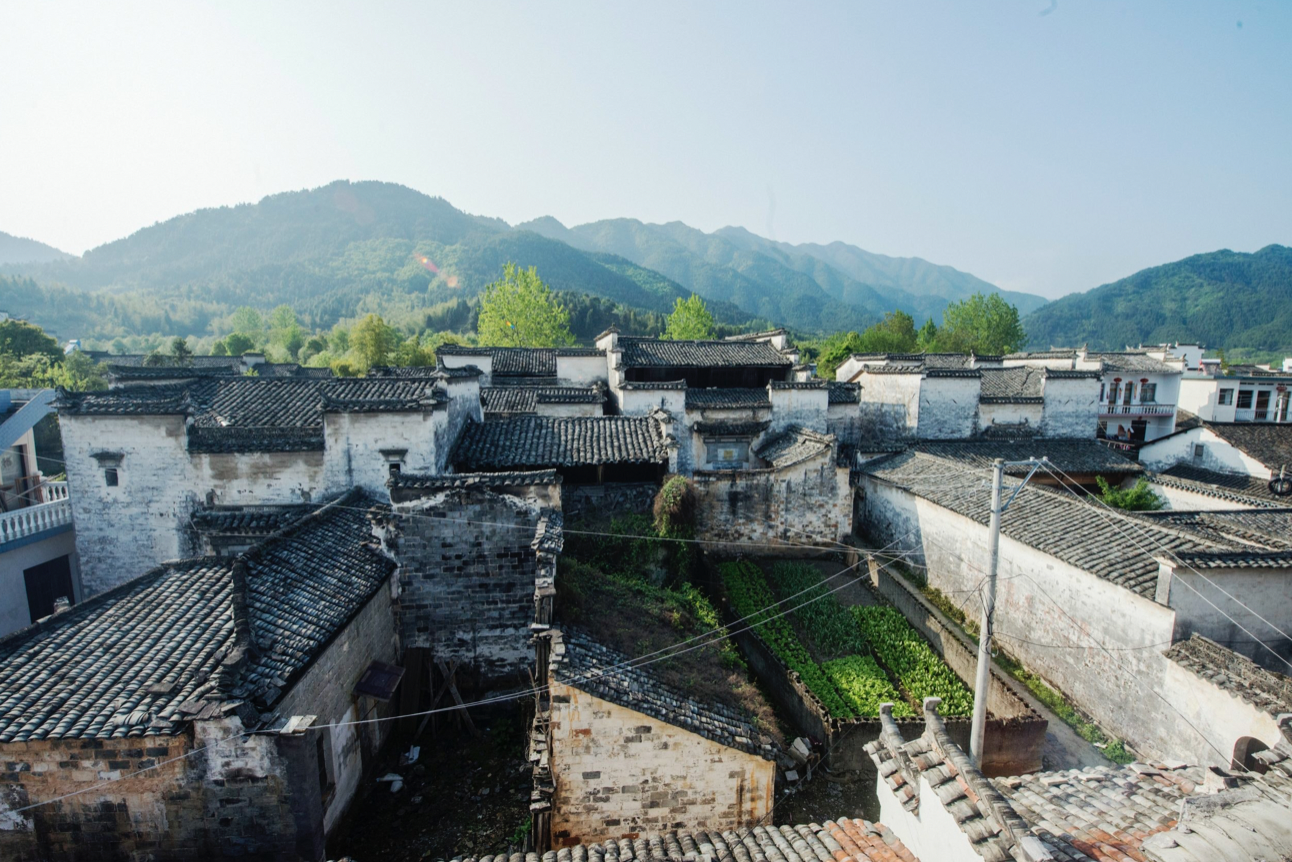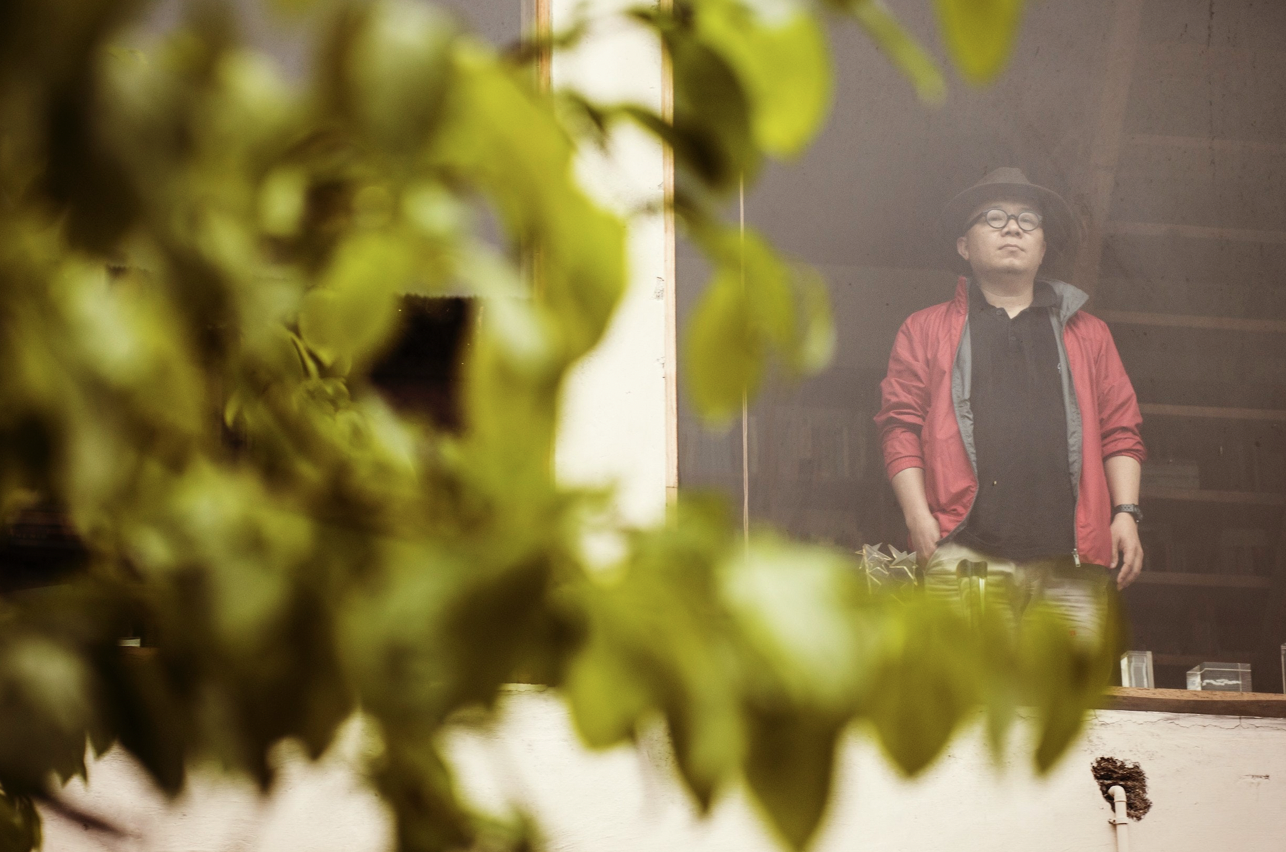"Can a connection be restored between humans and nature that had previously defined what it meant to be Chinese?"
Bishan village - a rural artists’ utopia
We must recommend this extraordinary essay (and photojournalism) from the constantly stimulating Noema magazine, ‘Back Down To The Countryside’ by Jacob Dreyer (and pictures by Matjaž Tančič). The blurb: “Young people all over China, fed up with city life, are searching for new ways of life amid old traditions in undeveloped rural parts of the country.”
We’ve excerpted the opening paragraphs below - but it’s also a rich and informative long read from after this. We’ve also sampled some of the photos below in a rotating gallery:
On the outskirts of Zhongshan, one of the nine cities that make up southern China’s megalopolitan Greater Bay Area, is a leafy, quiet village called Qixi. The Greater Bay Area is home to 86 million people, more than the entire United Kingdom but less than a quarter the size, which makes Qixi a rare pocket of green in an ocean of grey and neon.
In recent years, Qixi has sprouted a cluster of organic farms, an alternative school and a loosely knit community of ecologically minded youths. On a trip there recently, I sat in the backyard of a rambling house where a woman named Wu Juan lived with her family.
We drank tea as her 11-year-old son bashfully watered bonsai plants and played with a pet dog, aware of our presence but too shy to step in. Just past the doorway, shelves and shelves of books gathered dust.
Wu told me that she and her husband had come here because they wanted to anchor their son’s value system in China’s rural traditions. They are not alone.
In Qixi and elsewhere across China, a new internal migration is underway. As the middle class has grown rapidly over recent decades, access to top-tier urban real estate, spots in elite universities and other scarce goods have not.
The result is the creation of incentives for alternative lifestyles, and the cities, full to the brim, have started to spill over into the countryside. As Wu put it, she and people like her are looking for new ways of life amid old traditions.
The countryside, in its apparent emptiness, is a good place to imagine new ways of life, and China’s government envisions the country’s future leading straight through it. The last couple years of closed borders have put globalization on hold, and the national government has refocused efforts on the undeveloped parts of the nation, where millions of people have never bought a washing machine or car or been on a plane.
Those efforts emerge from the eternal conflict within the upper echelons of the Communist Party over what the heartland and the peasantry mean to the nation’s psyche and security.
For many of these leaders — and for the educated, alienated young people fleeing the cities for places like Qixi — a rich, urban, coastal China that is culturally deracinated and dependent on the global economy is no longer even China at all.
When I mentioned to friends that I was on my way to Qixi, they warned me that the new villagers’ pastoral existence must still rely on China’s nearby urban resources.
Indeed, despite Qixi’s bucolic atmosphere and aspirational self-sufficiency, Zhongshan, the center of which is just a 20-minute drive away, provides the infrastructure of modernity — the schools, hospitals, larger stores and shops, a train station. Wu’s husband still works for the government there, and takes their son to school in the city every day on his way to the office.
Among the Qixi villagers, I realized that, far from being a rejection of Chinese urban modernity, this was an alternative version, one entirely dependent on the smooth flow of human and financial capital between city and country, lubricated by an extensive new highway system.
While Wu idealized the pre-Song Dynasty past in many ways, she recognized that she had many options that the ancient Chinese did not. Her lifestyle was produced by the dialectical interlocking of modernity — highways, cars, a cellphone — and the ancient literature she loved, the birds and mountains that she found in old poetry as well as outside her window.
And yet, she said wistfully, the processes of industrialization and urbanization had been more destructive to Chinese values than the Cultural Revolution ever was. China’s rapid, rampant developmentalism over the past decades had destroyed a connection between humans and nature that had previously defined what it meant to be Chinese.
That connection — the past and future of Chinese identity — was now only to be found in the countryside.


